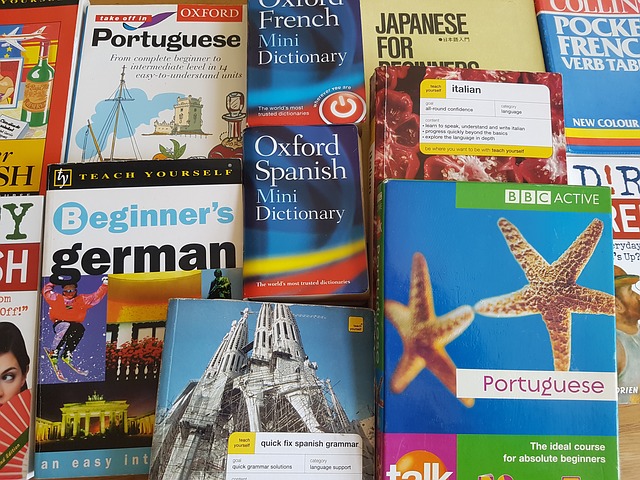As any international business professional knows, speaking multiple languages is not the same as being able to translate. Translation is a professional skill requiring years of training and study. Professional translators are not only familiar with multiple languages, but with their associated culture as well. To commemorate the invaluable contributions of translators to successful international relations, the UN declared September 30 as International Translation Day, a holiday already celebrated by the International Federation of Translators since 1953. In honor of this global event, here are 5 reasons why business professionals should consider a human translator to achieve their international endeavors.
- Translation or Interpretation? Know the difference. Translation is the decryption of written words or documents. This differs from interpretation, which is the paraphrasing of spoken words. If you’re dealing primarily with written documents, a translator can render the material clearly understandable in your target language. If your business deal hinges on verbal exchange, an interpreter helps ensure that you comprehensively grasp what your counterpart is saying. Depending on your situation, you may need a translator, interpreter, or both to strengthen your negotiating position, improve your leverage, and help both parties achieve mutual understanding.
- Language = Culture: Ethnolinguistics, the study of language as a cultural aspect, has long established the rapport between language and cultural values, beliefs, and social constructs. For example, French’s vouvoiement, or referring to elders and superiors with formalized pronouns, reflects the culture’s high power distance. Like most languages, the vocabulary has evolved to reflect certain beliefs; in this case, age and seniority as determinant of status. A translator can help you navigate these subtle nuances embedded in the language, making sure that your message is culturally adapted to its audience.
- Disaster Prevention: A poor translation can ruin your global business endeavor before you even arrive. In the medical field, an error in translation can have devastating health implications for patients, as a German medical manufacturer learned in 2007. The manual for their new artificial knee joints mistranslated the word for “Non-Modular Cemented” as “not needing cement”, leaving 47 patients with botched knee replacements and millions of dollars paid in damages. Accuracy and attention to detail are crucial skills for any translator, and a reputable professional will be able to address these nuances with the necessary expertise and finesse.
- On Even Footing: If you’re struggling to read international documents, unsure if your translation is accurate, or have any hesitation when reading business documents, ambiguity and uncertainty may ruin the business deal. A translator can help reinstate a level playing field, ensuring that no one’s left wondering if they communicated their proposals clearly or whether they grasped the fine print. Otherwise, mixed signals and muddled messages risk distrust, hesitancy, and strained relationships.
- Building Trust: Hiring a translator to help you understand your international counterpart demonstrates goodwill and commitment to a successful relationship founded on mutual trust. When you take steps towards open and clear communication, both parties benefit, which foster a long-lasting professional relationship. Making clear your goals, projects, and any technicalities of your proposals ensure that nothing is lost to miscommunication and helps your endeavors move forward.
When conducting business abroad, breaking the language barrier takes time, commitment, and intercultural competence. To ensure that nothing is left unsaid or lost in translation, consider hiring a professional translator to facilitate successful cross-cultural exchange.
Sharon Schweitzer and Amanda Alden co-wrote this post. Sharon Schweitzer, J.D., is a cross-cultural trainer, modern manners expert, and the founder of Access to Culture. In addition to her accreditation in intercultural management from the HOFSTEDE centre, she serves as a Chinese Ceremonial Dining Etiquette Specialist in the documentary series Confucius was a Foodie, on Nat Geo People. She is the resident etiquette expert on two popular lifestyle shows: ABC Tampa Bay’s Morning Blend and CBS Austin’s We Are Austin. She is regularly quoted by BBC Capital, Investor’s Business Daily, Fortune, and the National Business Journals. Her Amazon #1 Best Selling book in International Business, Access to Asia: Your Multicultural Business Guide, now in its third printing, was named to Kirkus Reviews’ Best Books of 2015. She’s a winner of the British Airways International Trade Award at the 2016 Greater Austin Business Awards
Amanda Alden is an intercultural research assistant with Access to Culture. She graduated with honors from St. Edward’s University with a major in Global Studies and a minor in French, and is currently pursuing a master’s degree in Intercultural Mediations at l’Université de Lille III. Feel free to connect with Amanda at on LinkedIn.
Photo credit: Pixabay


Leave A Comment